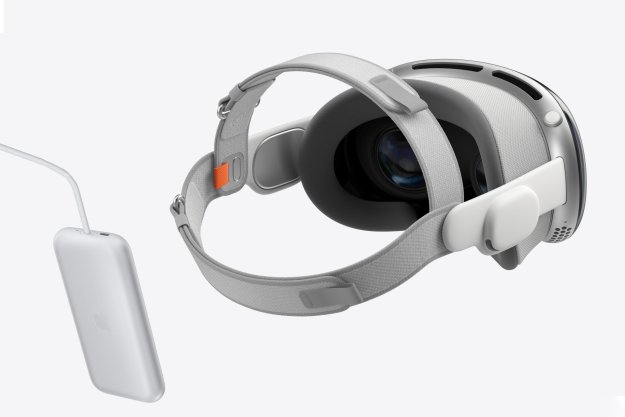The successor to 2019’s Microsoft Surface Pro X could already be in the works. A newer model with an updated Microsoft SQ2 processor, and a new platinum color option, and Type Cover color options could be coming soon, according to a report from Windows Central.
Apparently timed for a fall refresh, besides the platinum color offering, this new model is reportedly not going to get any major design changes. That means you can expect it to keep the same slim bezel, as well as the thin and light overall design. The design of the Type Covers could also end up looking the same, too, but with a fresh coat of colors to bring it up to date with what is seen on the rest of the Surface Pro lineup.
As for what is powering this new Surface, not much is known aside from the fact that the custom Microsoft SQ2 Processor will be based on the Qualcomm Snapdragon 8cX Gen 2. That new processor promises many of the same benefits of the original generation, but with added power efficiency, performance benefits, and the addition of 5G support. Qualcomm also said that the Snapdragon 8cx Gen 2 5G will deliver 50% greater system-wide performance and battery life than competing solutions from Intel.

With the original Surface Pro X also suffering from compatibility issues due to Windows 10 on ARM, there’s also the worry of the app-emulation too. Since Windows 10 on the Surface Pro X only emulates 32-bit apps, it’s rumored that Microsoft might also announce 64-bit app-emulation soon, too, with a preview perhaps for Windows Insiders to test later this year.
This new Surface Pro X model could be coming as soon as October. Following the leads of Google and Apple, Microsoft could be holding its own virtual hardware event to reveal the device, and perhaps even the rumored fourth-generation Surface Laptop model, too. It’s still unknown what else is in store for Microsoft this fall, but a Surface Pro 8, or Surface Laptop lineup with Intel’s Tiger Lake processors could be other options, too. Or, maybe even Windows 10X could make a comeback.
Editors' Recommendations
- Even the new mid-tier Snapdragon X Plus beats Apple’s M3
- My most anticipated laptop of the year just got leaked
- Playing PC games on a Snapdragon X Elite laptop made me a believer
- Microsoft Edge is slowly becoming the go-to browser for PC gamers
- Here’s proof that Snapdragon X Elite laptops can play hit games without issue


